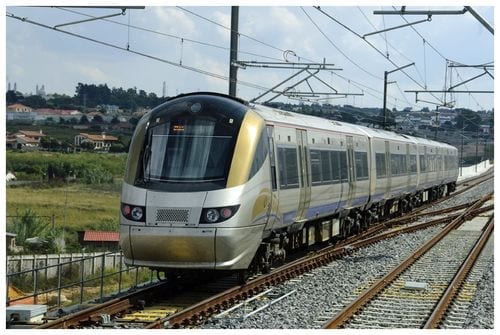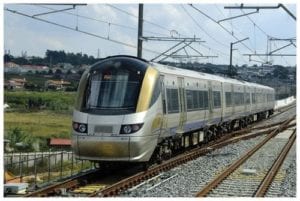
The bidding process for the provision of 48 new Gautrain coaches has begun in a lucrative R3.5-billion deal
He explained that train passengers had three budgets to consider. These included time‚ money and effort – with the ‘effort’ budget more difficult to measure.
“Effort relates to how easy it is for train passengers to get onto a passenger rail service,” Onderwater said. “Most of South Africa’s public transport systems are not accessible to people with disabilities. And some have to walk three to five kilometres just to find public transport.” He explained that people were less inclined to use a public transport system if they did not understand how the system worked and if they were unfamiliar with the timetables. He added that train comfort was also more important to leisure-line train travellers compared to everyday users whose primary means of transport is a train. For these travellers, being seated was said to bring greater discomfort than standing in crowded situations. Onderwater also said the country could possibly see 5% passenger rail growth in the next financial year‚ although he added that this figure is capped because public train services cannot meet the current demand.







